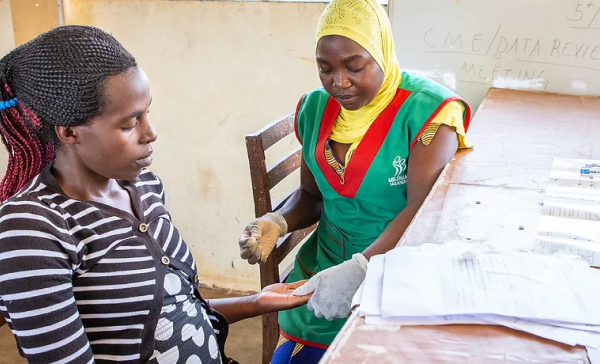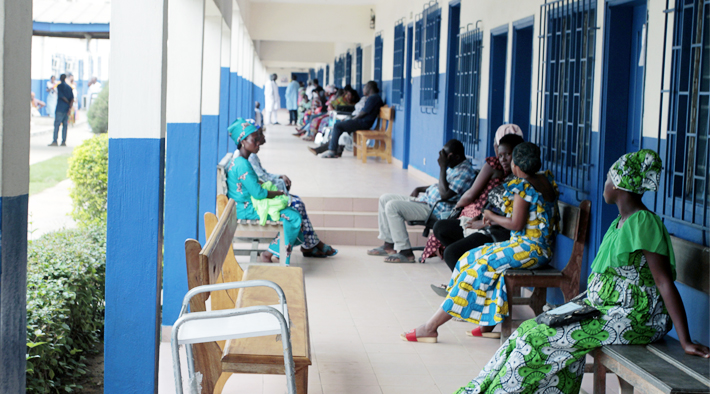Improving access to affordable, high-quality tests and treatments for patients in lower-income countries
Challenges
HIV weakens the immune system, making people susceptible to other opportunistic infections. In such cases of advanced HIV disease (AHD), or AIDS, a person can no longer fight off these infections. Owing to their weakened immunity, one in three people with advanced HIV disease are at risk of death from opportunistic infections. Tuberculosis claimed 300,000 lives in 2017 among people living with HIV, and about 180,000 people with HIV die every year from cryptococcal meningitis, a fungal infection.
While there are diagnostic tests and treatments available for the management of advanced HIV disease, limited access and high costs continue to be the roadblocks.
Solutions
Unitaid’s AHD initiative aims to improve access to affordable, WHO-recommended products for diagnosis, prevention and treatment of advanced HIV disease.
This initiative is supported by a strong coalition of partners including the Global Fund, PEPFAR, EGPAF and MSF.
Unitaid and CHAI reached an innovative agreement in April 2020 with medical device manufacturer Omega Diagnostics that is delivering groundbreaking same-day CD4 testing technology for people living with HIV in over 130 low- and middle-income countries at just US$3.98 per test— a significant percent reduction from current costs and the lowest price for such a test in the world. More information on this initiative can be found here.
Progress so far
- Established an Early Market Access Vehicle (EMAV) and concluded a ceiling price agreement for the Omega VISITECT® CD4 rapid test to facilitate rapid product introduction (as noted above).
- Kicked off catalytic procurement for AHD commodities, reduced the pricing of 5FC, and supported countries to develop AHD programs and implementation plans.
- Generated momentum in the AHD market, through the development of a toolkit, establishment of the Implementation Steering Committee, and kick-off of the AHD CAB.
The impact we are seeking
An estimated four of ten HIV-related deaths could be prevented by addressing advanced HIV disease. Bringing those people back to health would move the world closer to its goal of ending the HIV epidemic.
[*] This project is part of a larger grant



